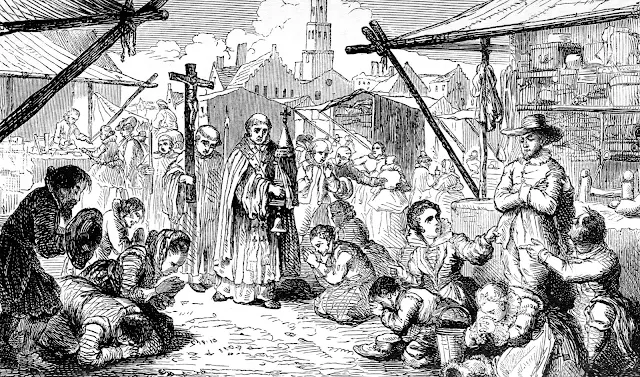This morning I finished Levi Lusko's book, Through the Eyes of a Lion. It was a powerful testimony of God's faithfulness and wisdom gleaned through the unexpected death of his beloved daughter. It is real, inspirational, and profound. He wrote, "On the night she went to heaven, I did for Lenya what a daddy should never have to do. I reached out and closed my little girl's eyes. What I never expected was that God would use her to open mine." (Lusko, Levi. Through the Eyes of a Lion: Facing Impossible Pain, Finding Incredible Power. T, 2015. 182. Print) This book is one of those practical, useful keepers I guarantee you will find hard keeping. Buy two or three copies, and don't be surprised when they are all out on loan.
One particularly poignant moment came when Levi and Jennie received a call from the hospital and was faced with the excruciating request to donate her corneas and heart valves. It must have been unthinkable. It reminded me of my cousin Jimmy Thomas who suddenly died from a bee sting. Death is always a tragedy, and him being a donor to help others became a redemptive aspect of his life - despite unspeakable pain and loss. In Levi writing this book, in a sense he allows everyone to see his pain and suffering through eyes moistened with tears. It is an encouragement to take heart in Christ despite the pain and difficulties you have and are going through, and how God is faithful to provide opportunities for you to bless others for their eternal benefit.
C.S. Lewis wrote in The Problem of Pain, "God whispers to us in our pleasures, speaks in our conscience, but shouts in our pains: it is his megaphone to rouse a deaf world.” Lusko echoed the words of Lewis and wrote "pain is a microphone" in recognision of the platform and voice God has provided all who have suffered and found light and life in Jesus. When the time comes for each of us, may we be those brave and courageous souls in our Saviour Jesus Christ who fully give ourselves to Him and others. Thanks Levi for the book which was over too soon, and to Jesus Christ our inspiration, Saviour, and Redeemer who has defeated death: the Lion of the Tribe of Judah.
One particularly poignant moment came when Levi and Jennie received a call from the hospital and was faced with the excruciating request to donate her corneas and heart valves. It must have been unthinkable. It reminded me of my cousin Jimmy Thomas who suddenly died from a bee sting. Death is always a tragedy, and him being a donor to help others became a redemptive aspect of his life - despite unspeakable pain and loss. In Levi writing this book, in a sense he allows everyone to see his pain and suffering through eyes moistened with tears. It is an encouragement to take heart in Christ despite the pain and difficulties you have and are going through, and how God is faithful to provide opportunities for you to bless others for their eternal benefit.
C.S. Lewis wrote in The Problem of Pain, "God whispers to us in our pleasures, speaks in our conscience, but shouts in our pains: it is his megaphone to rouse a deaf world.” Lusko echoed the words of Lewis and wrote "pain is a microphone" in recognision of the platform and voice God has provided all who have suffered and found light and life in Jesus. When the time comes for each of us, may we be those brave and courageous souls in our Saviour Jesus Christ who fully give ourselves to Him and others. Thanks Levi for the book which was over too soon, and to Jesus Christ our inspiration, Saviour, and Redeemer who has defeated death: the Lion of the Tribe of Judah.
